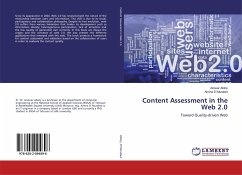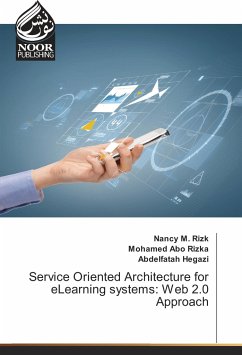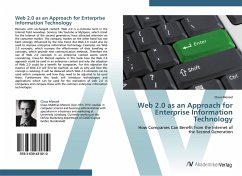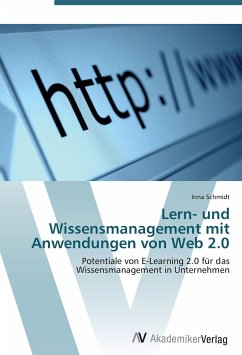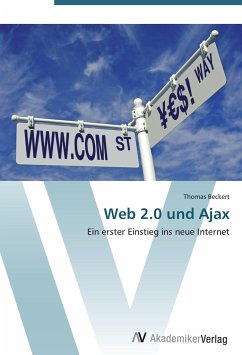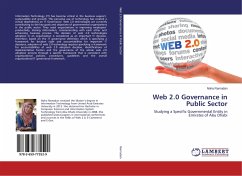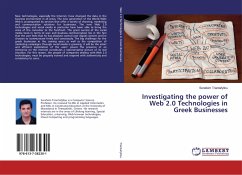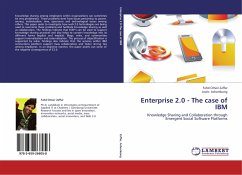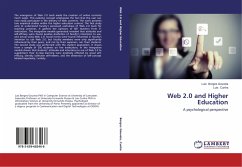
Web 2.0 and Higher Education
A psychological perspective
Versandkostenfrei!
Versandfertig in 6-10 Tagen
36,99 €
inkl. MwSt.

PAYBACK Punkte
18 °P sammeln!
The emergence of Web 2.0 tools made the creation of online contents much easier. This evolving concept emphasizes the fact that the user can now easily participate in the delivery of Web contents. The work presents two empirical studies within the higher education context. The first study aims to understand faculty s perceived usefulness of Web 2.0 tools for teaching practices. It gathers the opinions of 681 teachers from 11 institutions. The integrative models generated revealed that attitudes and self-efficacy were found positive predictors of faculty s intentions to use, and actual using We...
The emergence of Web 2.0 tools made the creation of online contents much easier. This evolving concept emphasizes the fact that the user can now easily participate in the delivery of Web contents. The work presents two empirical studies within the higher education context. The first study aims to understand faculty s perceived usefulness of Web 2.0 tools for teaching practices. It gathers the opinions of 681 teachers from 11 institutions. The integrative models generated revealed that attitudes and self-efficacy were found positive predictors of faculty s intentions to use, and actual using Web 2.0. Social norms were found influential in faculty s intention to use Web 2.0, but faculty members were only significantly influenced by their peers, and not by their superiors, nor their students. The second study was performed with the student population. It draws from a sample of 550 students on five institutions. In the integrative models shown that students attitudes and intentions to use of Web 2.0 to supplement their in-class learning were positively affected by social self-efficacy, identity collective self-esteem, and the dimension of self-concept labeled impulsivity / activity.



